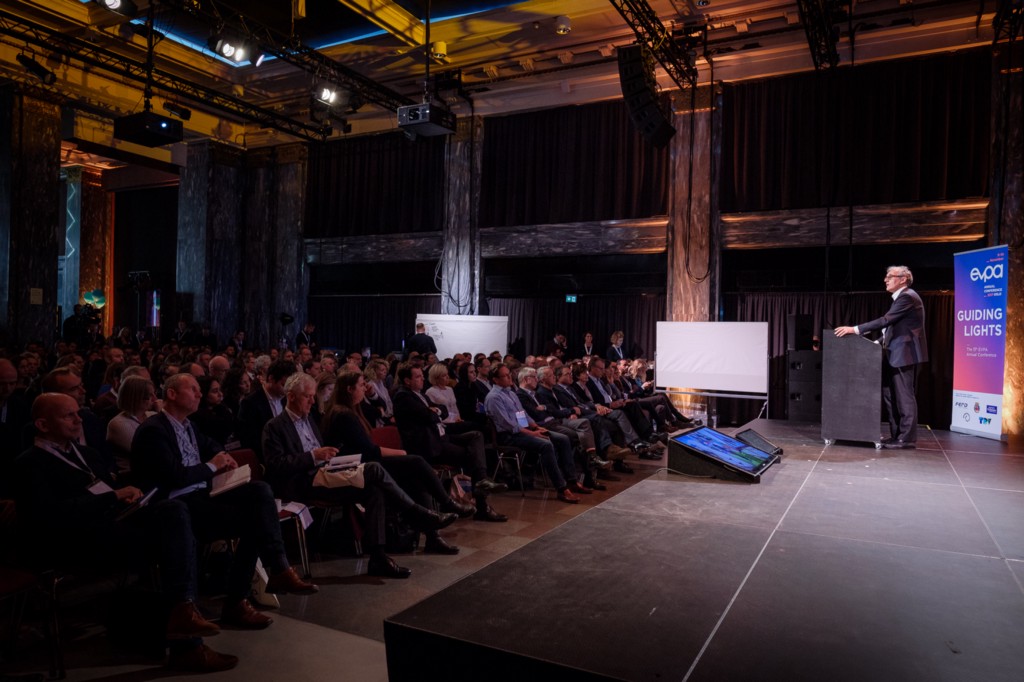Investors, grant-makers, banks and business schools, met in Oslo earlier this month to boost capital flows and ecosystem support for social ventures taking on global challenges.
Here are five provocative takeaways on risk, scale and capital deployment from the annual conference of the the European Venture Philanthropy Association.
Stop worrying so much about risk. We’re on a “powerful mission to match the soul of philanthropy with the spirit of investment. We must make sure that we don’t corrupt the soul of philanthropy by matching it with the worst of what investing could be,” said Sean Hinton, CEO of Soros Economic Development Fund.
“We have to have difficult conversations about risk taking. We need to spend time to get proximate to the problems and engage people and communities as active participants. We need to be prepared to back teams to innovate and solve problems and invest across the returns spectrum.”
In fact, take more risk. Foreign investment is highly concentrated in six African countries and 80% of the money is looking for safety and scale from day one, said Julio Garrido-Mirapeix, a partner at KPMG Kenya. “People are not taking risks. Philanthropic money has a key role in taking risk and financing risk.”
Risk-taking helped M-Pesa change not only Kenya, says Garrido-Mirapeix, but finance across other African countries. “Effectively, you cannot get your success stories if you don’t take the risk,” he continued. “You are not going to get the innovations, and the innovations are the ones that change the landscape, and change the market.”
Don’t let regulatory deficiencies slow investing. Is Africa ready for investment? Is Kenya ready? From a regulatory and legislative standpoint, there are still gaps, said Joseph Ogutu, a director at Kenyan mobile operator Safaricom. “But so far everything we have done has not suggested there would be constraints.” In the case of M-Pesa, because it was a new innovation, the regulation was not ready, said Ogutu. “We relied on the fact that the Central Bank was ready to walk with us. So, the gaps or deficiencies in the regulatory framework is no reason to stop investing.”
Stop this mantra on scale. “We need to focus and discuss much more around why we are here and what is happening on the ground,” said Paul Streets, CEO of the Lloyds Bank Foundation.
Match capital to needs. Classic fund managers apply criteria that don’t match real social economic needs. NESsT’s Roxana Damaschin-Tecu said the firm is talking with the European National Board for Impact Investing about what type of capital is needed by entrepreneurs to multiply their impact. “It’s seeing capital as the means and not the final goal and not to push entrepreneurs to become deals too early in their stage of development,” she said.
“Entrepreneurs in Africa have great solutions,” said Pat Pillai, the CEO of LifeCo UnLtd South Africa. “We need to change the lens and the way we seek these individuals.”
Romy Miyashiro is an investor relationship manager at Cordaid Investment Management in the Netherlands.











